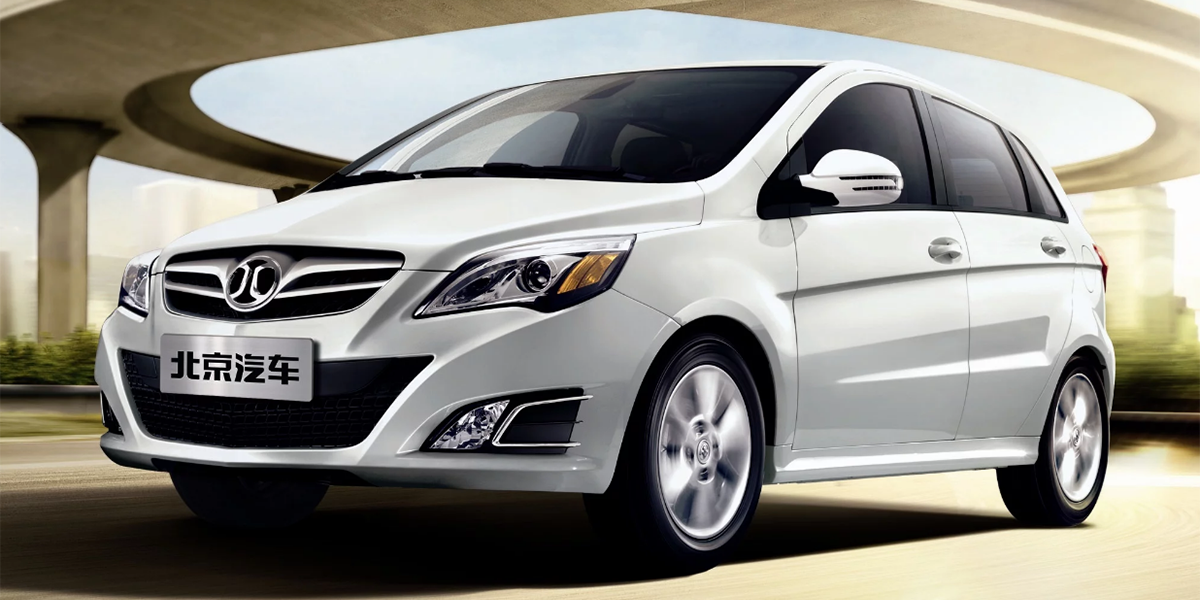China: Beijing Electric Vehicle bets on battery-swap
BJEV is launching a battery-swap service to get ahead in China’s competitive market. They will install the first 100 battery changing station in Beijing this year as an add on to their EV300 model. Moreover, this symbolises a comeback of battery swapping only this time with more refined business models.
Beijing Electric Vehicle (BJEV) of BAIC is not the first of China’s carmakers to look into battery-swaps. Nio had started the service earlier this year with the launch of their ES8 electric SUV reportedly. Nio imagines a whole network of so-called Swap Stations and wants to install 1,100 across China until 2020.
For now BJEV is to start smaller with 100 battery swap stops to be set up across Beijing throughout 2018. They will tie into their offering of the compact electric car EV300. One change of battery takes less than three minutes, according to BJEV.
Where Nio tried to keep the price a little lower by introducing a battery rental option, BJEV’s EV300 only cost 79,800 yuan (10,200 euros) from the start. Rather than renting a battery, drivers may opt for the new service that allows them to change battery as often as they want for a monthly fee of 432 yuan (55 euros). As part of the new programme, the Chinese EV maker also gives users an option to sell their car back at half of the original price within three years.
While the proposition of battery swapping has not been made in Europe again since Better Place of Israel failed so totally, the concept is making a come back apparently, but with more refined use cases. In China it could indeed be a way to give more users access to new energy vehicles as it may help to keep prices for new electric cars at a more affordable level.
Another scenario for successful battery exchange models is in sharing fleets, most namely the electric scooters of Gogoro. In Taiwan they operate battery vending machines.
Moreover, business models for battery swaps could also facilitate battery recycling. The latter will grew in importance particularly in China since Beijing introduced a new monitoring system. It is designed to hold manufacturers responsible for their batteries (we reported).





0 Comments